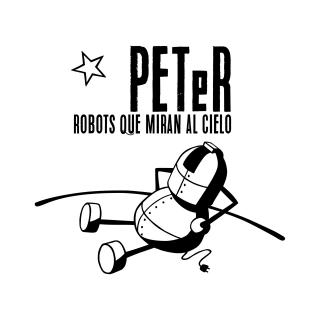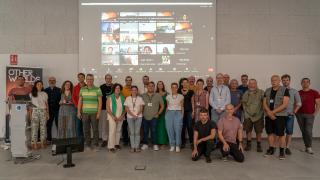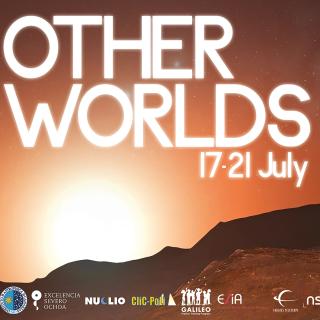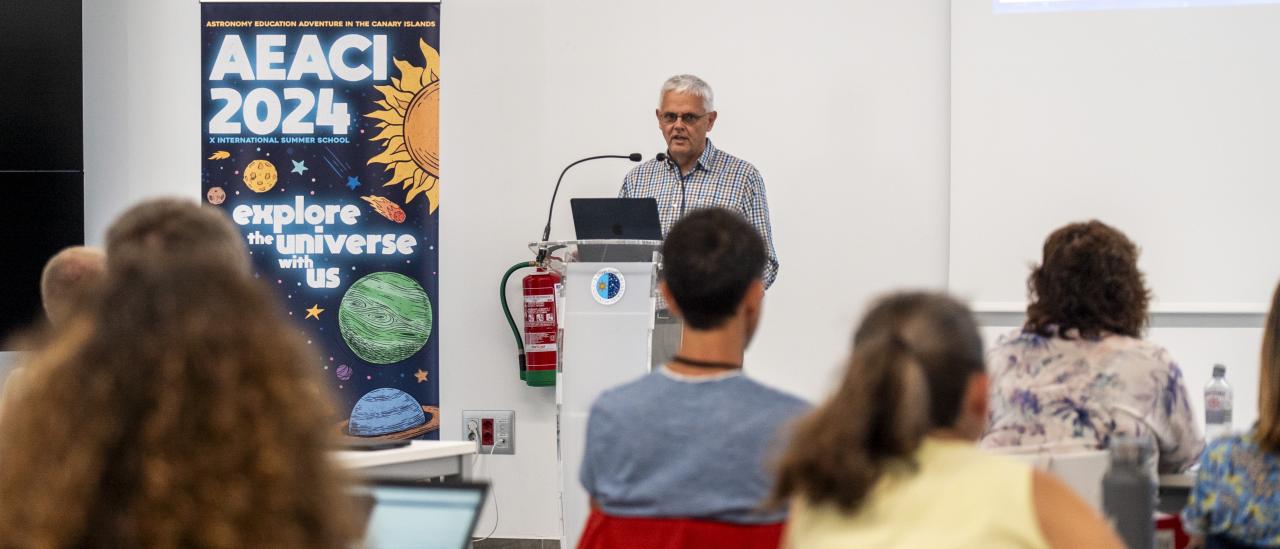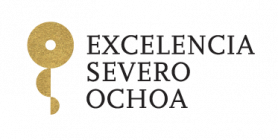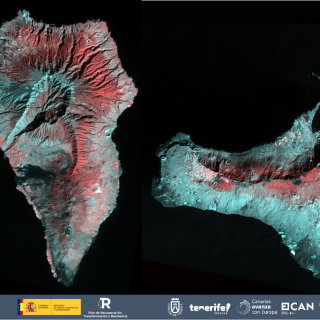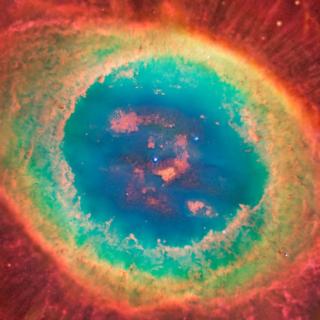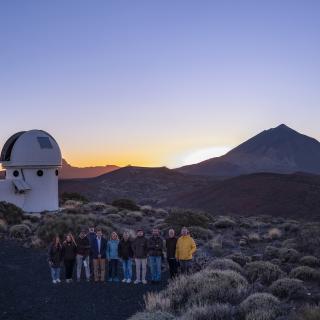The 10th International School Astronomy Education Adventure in the Canary Islands (AEACI 2024) began today, which will be held throughout the week at the IACTEC building in La Laguna (Tenerife), and is being attended by 65 teachers from 23 countries. This training course, organised by the Instituto de Astrofísica de Canarias (IAC) together with other scientific and educational institutions, is now in its tenth edition, training more than 600 teachers from all over the world in the teaching of astronomy.
Under the theme "Explore the Universe with us", AEACI 2024 invites educators of all levels and disciplines to attend a unique educational experience integrating astronomy with the fields of science, technology, engineering, arts and mathematics (STEAM) from 22-26 July 2024.
This commemorative edition offers a review of the themes that have been central to previous editions and will also present new perspectives and resources linked to the Primary and Secondary curricula, with the aim of enriching educational practice and encouraging students' interest in STEAM areas.
The School was inaugurated by Valentín Martinez Pillet, Director of the IAC, who stressed the importance of scientific and educational institutions working hand in hand: "For the IAC, this type of event is fundamental to connect us with the educational community, especially at an international level. By bringing research closer to schools, we are sowing the seeds of curiosity and knowledge. Events like this are essential to inspire new generations to explore the exciting world of research and build a more scientific society.
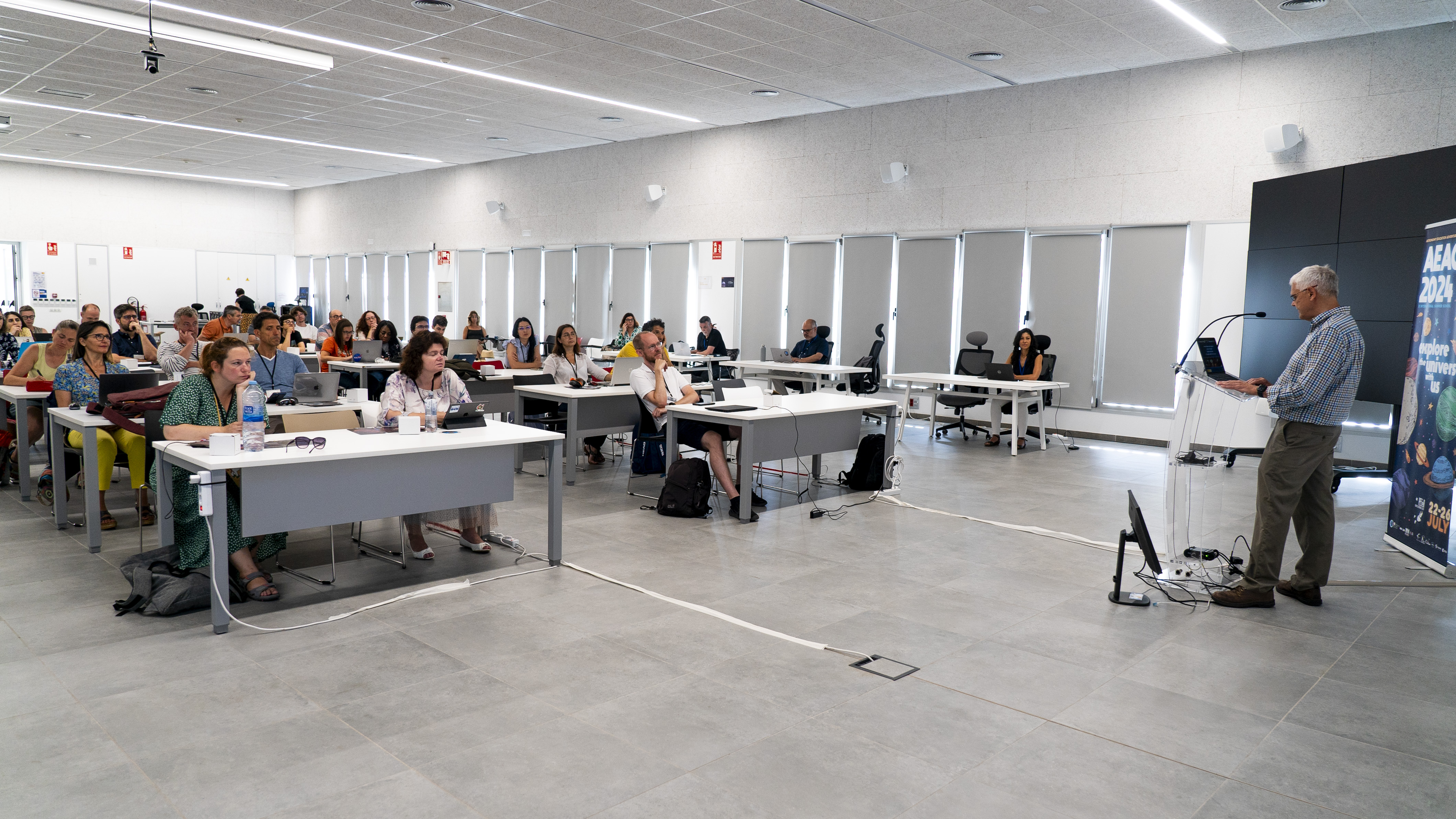
Throughout the 32 hours of training, participants will become familiar with the use of robotic telescopes to carry out research projects with their students, access online resources and laboratories to practice with real astronomical data and visit the facilities of the IAC and the Canary Islands Observatories, where they will be able to observe the stars under one of the best skies in the world. They will also learn from IAC staff about the latest advances in research on asteroids, binary systems with black holes and neutron stars, supernovae and extrasolar planets.
"Our aim is that attendees can transfer this knowledge and tools, together with active learning methodologies, to their teaching practice and thus bring research and exploration of the Universe to their students in a practical and stimulating way," explains Nayra Rodríguez Eugenio, director of the AEACI.
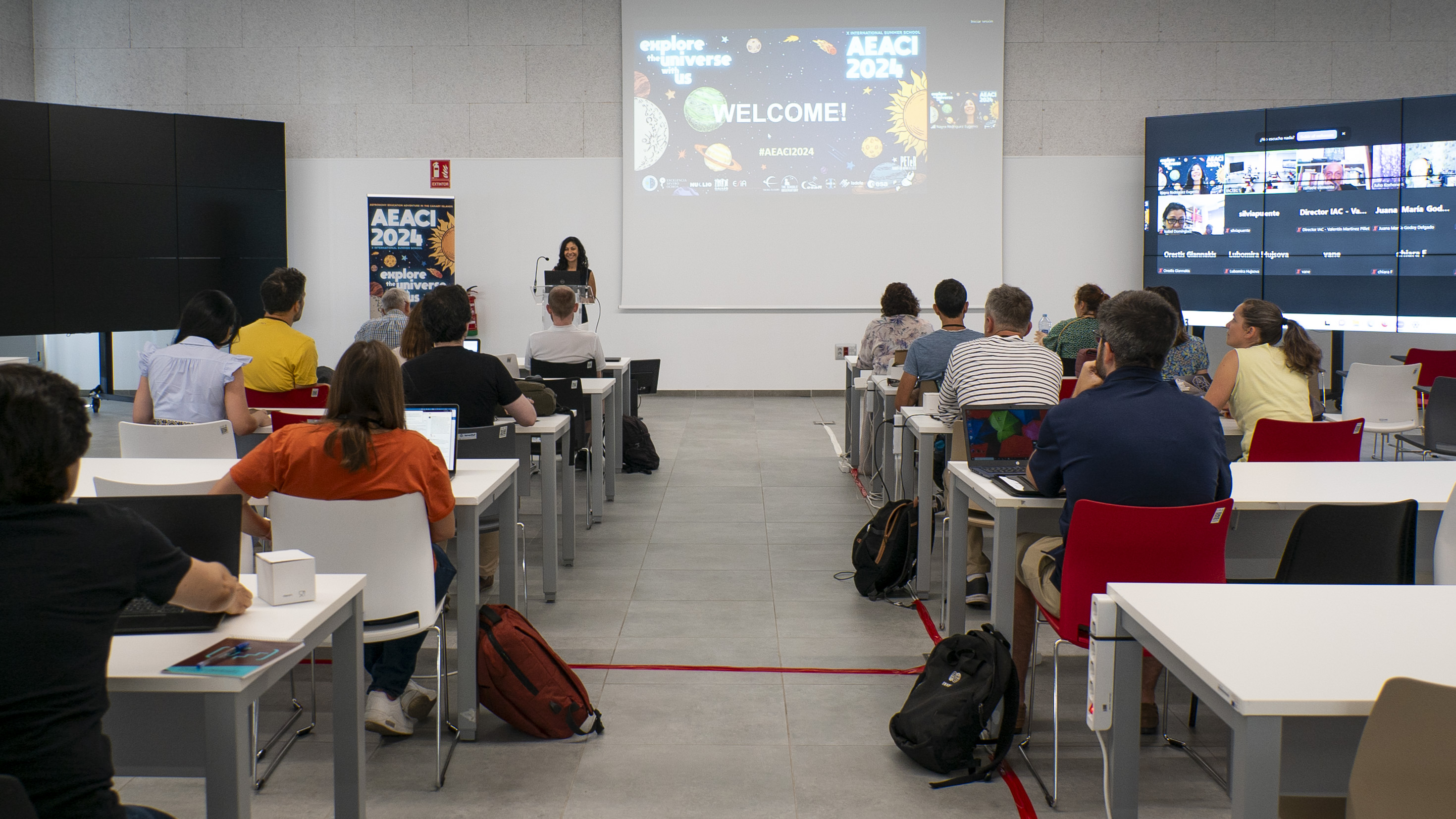
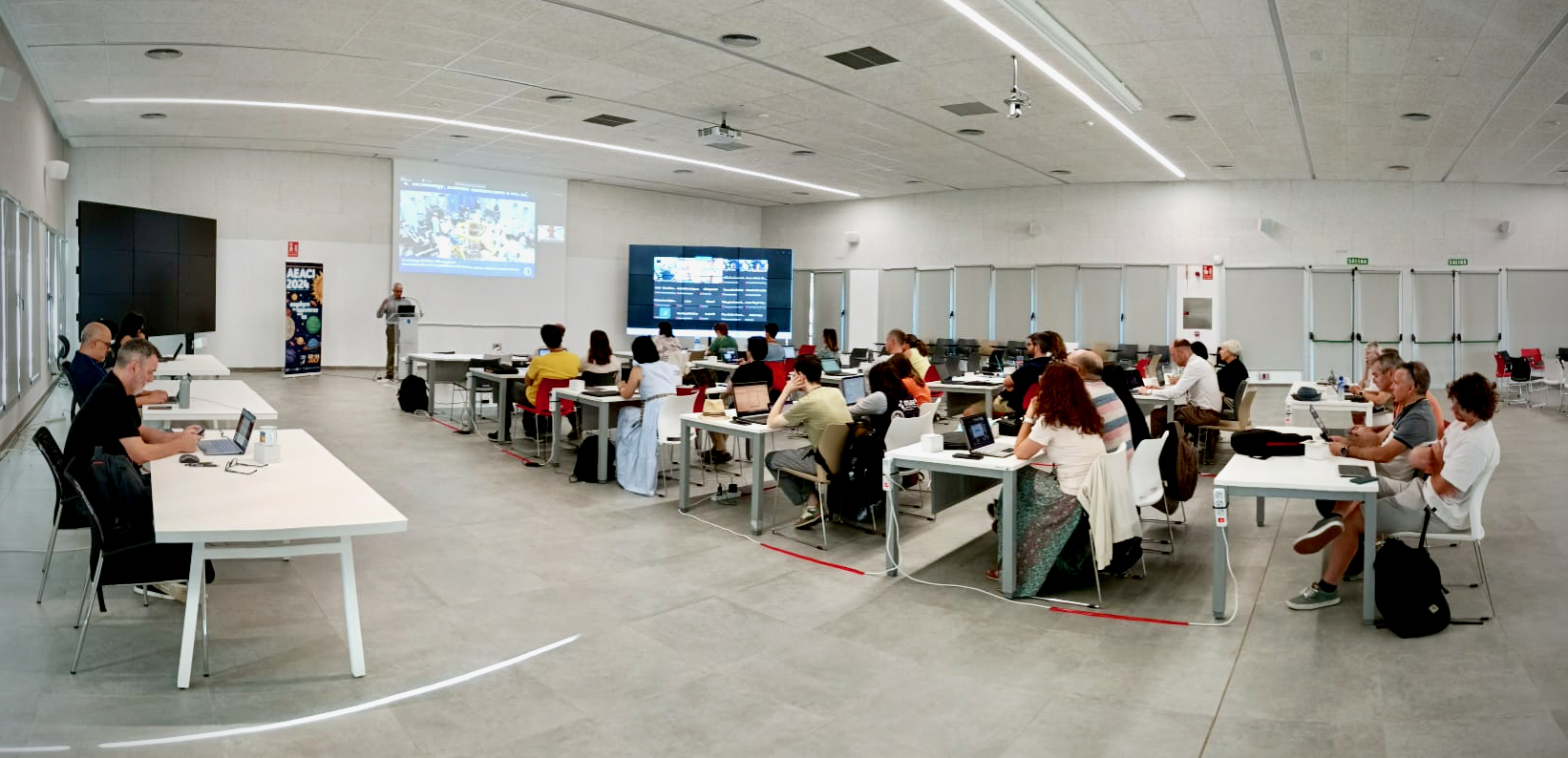
The international character of the school, which is taught in English, aims to offer participants an excellent opportunity to establish links with teachers from other countries, favouring future collaborations for the development of joint educational projects and exchanges.
The school is partly funded by the IAC's Scientific Communication and Culture Unit (UC3) and is part of its Proyecto Educativo con Telescopios Robóticos (PETeR) and the European project Galileo Teacher Training Program. It is carried out in collaboration with the Núcleo Interactivo de Astronomia (NUCLIO; Portugal), the Faulkes Telescope Project (United Kingdom), The Schools’ Observatory (United Kingdom), the educational initiative Cooperation through Education in Science and Astronomy Research (ESA, ISDEFE e INTA; España) and the projects New Robotic Telescope (IAC), CosmoLAB (IAC, Cabildo de Tenerife) y Planet Change (IAC, Comisión Europea), all of them projects and organisations aimed at promoting interest in STEAM areas and scientific-technological vocations through Astronomy and related areas.
More information:
Contacts: Nayra Rodríguez Eugenio y Alejandra Goded Merino (peter [at] iac.es (peter[at]iac[dot]es))
